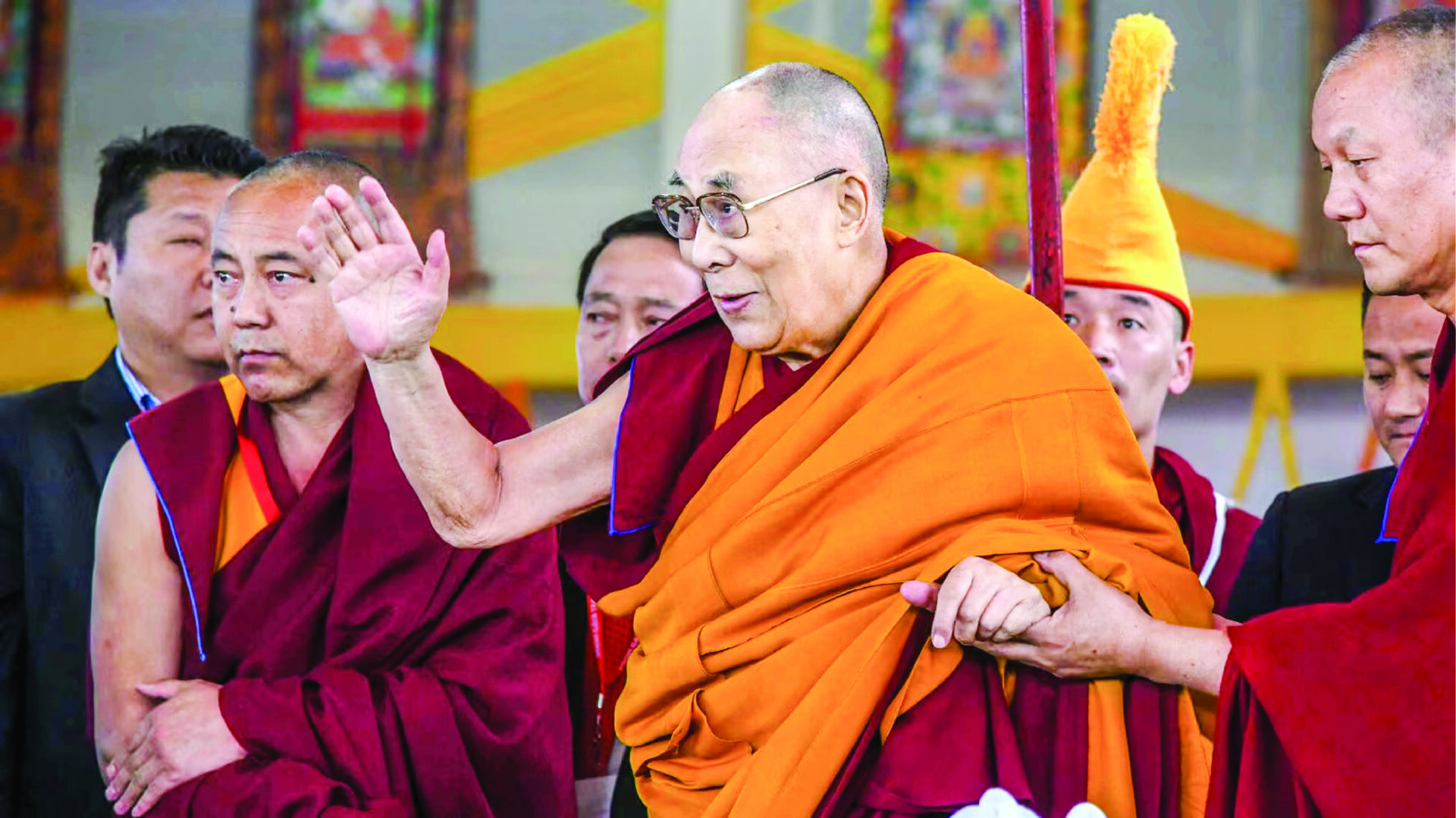China’s strategy revolves around controlling the succession of the Dalai Lama.
China’s relationship with the 14th Dalai Lama has been fraught with tension and political manoeuvring. Beijing views the Dalai Lama as a separatist threat, while the Dalai Lama himself has long advocated for genuine autonomy for Tibet rather than outright independence. As the spiritual leader ages, China appears to be waiting for his demise, hoping to exert control over the selection of his successor. However, this strategy may prove to be a long and ultimately futile wait.
The 14th Dalai Lama, now 89 years old, has reassured his followers about his health, predicting that he may live to be 110 years old. Despite recent health concerns, including knee surgery, he continues to engage with his followers and maintain his spiritual duties. This expected longevity means that China could be waiting for another two decades before the Dalai Lama passes away, a period during which significant political changes could occur both within China and globally.
China’s strategy revolves around controlling the succession of the Dalai Lama. Beijing insists that it has the authority to approve the reincarnation of Tibetan spiritual leaders, a claim rooted in its broader policy of controlling religious practices within its borders. By positioning its own Panchen Lama and preparing for the selection of the next Dalai Lama, China aims to ensure that the next spiritual leader is aligned with its political interests.
However, this approach faces several challenges. Firstly, the Tibetan community and the global Buddhist diaspora are unlikely to accept a Dalai Lama appointed by Beijing. The legitimacy of the Dalai Lama comes from spiritual recognition and the acceptance of the Tibetan people, not from political decrees. Secondly, the current Dalai Lama has suggested that his reincarnation could occur outside of Chinese control, possibly in India, where he has lived in exile since 1959.
Over the next two decades, China itself could undergo significant political changes. The Chinese Communist Party (CCP) has maintained a tight grip on power, but internal and external pressures could lead to shifts in its policies and governance. Economic challenges, social unrest, and international dynamics could all influence China’s political landscape. A more open or reformist leadership in the future might adopt a different approach to Tibet and the Dalai Lama, potentially easing tensions and seeking a more conciliatory path.
China’s wait for the demise of the 14th Dalai Lama is a strategy fraught with uncertainty and potential pitfalls. The Dalai Lama’s expected longevity and the possibility of political changes within China suggest that Beijing’s current approach may not yield the desired results. Instead of waiting for an uncertain future, China could benefit from engaging in meaningful dialogue with the Dalai Lama and the Tibetan community, fostering a more harmonious and stable relationship.
* Nephew of the Dalai Lama, Khedroob Thondup is a geopolitical analyst.

